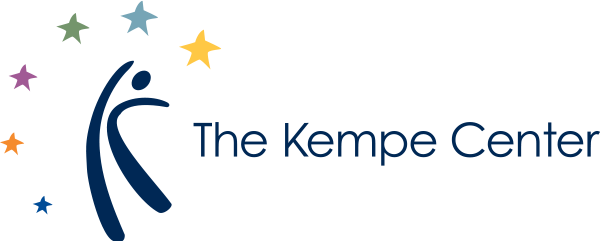RelatedPages
RelatedPrograms
RelatedLinks
Chafee Strengthening Outcomes for Transition to Adulthood (Chafee SOTA)
Project Overview
For over two decades, the John H. Chafee Foster Care Program for Successful Transition to Adulthood (Chafee program) has funded state and tribal programs that help youth transition out of foster care to achieve self-sufficiency. Since the creation of the Chafee program in 1999, the legislation has required that a small percentage of funding be set aside for rigorous evaluations of promising independent living programs. ACF has conducted a number of evaluation activities to meet this requirement, including the Multi-Site Evaluation of Foster Youth Programs, a rigorous, random assignment evaluation of four Chafee-funded programs. This previous evaluation work also found that, for many programs, traditional, large-scale impact evaluations were not feasible due to issues such as program size, lack of appropriate comparison groups, or implementation challenges.
To address these challenges, the Chafee SOTA project intends to:
- Utilize innovative methods for testing promising practices in programs serving youth transitioning out of foster care;
- Improve the feasibility and rigor of evaluations that test the effectiveness of program services or components; and
- Quickly add information of “what works” to the field to influence practice in the absence of multiple large-scale evaluations.
In addition, the Chafee SOTA project will examine policy-relevant issues for the Chafee program and the population of youth it serves. This work, which will be guided by topics of interest to ACF, will also examine persistent challenges to youth development (e.g., systemic racism, heteronormative biases, and socioeconomic inequities) and identify opportunities to address and eliminate them in Chafee-funded programming.
Project Activities
The project is led by Westat in collaboration with its partners – the Kempe Center for the Prevention and Treatment of Child Abuse and Neglect (University of Colorado School of Medicine), Dr. Katie Richards-Schuster (University of Michigan, School of Social Work), CLH Strategies & Solutions, and First Place for Youth. Together, they will complete the following activities:
- Engage experts in child welfare system and program issues, evaluation methodology, and relevant specialized topics (e.g., education, employment, homelessness), with a focus on meaningful involvement of young adult partners with lived experience
- Conduct learning activities to identify information needs, evaluation challenges, and promising approaches used to address challenges
- Develop a portfolio of innovative learning methods to improve the implementation of promising practices and programs while strengthening the evidence of their effectiveness
- Identify and engage youth-serving programs to participate in evaluation activities
- Implement innovative learning methods with selected program sites
- Disseminate relevant learnings to ACF and the field
- Conduct policy-relevant learning activities on special topics of interest to ACF in response to emerging policy or analytic questions
Find Out More
For more information about Kempe’s involvement in this work, please contact:Dr. Dana Hollinshead Assistant Research Professor at the Kempe Center [email protected]



